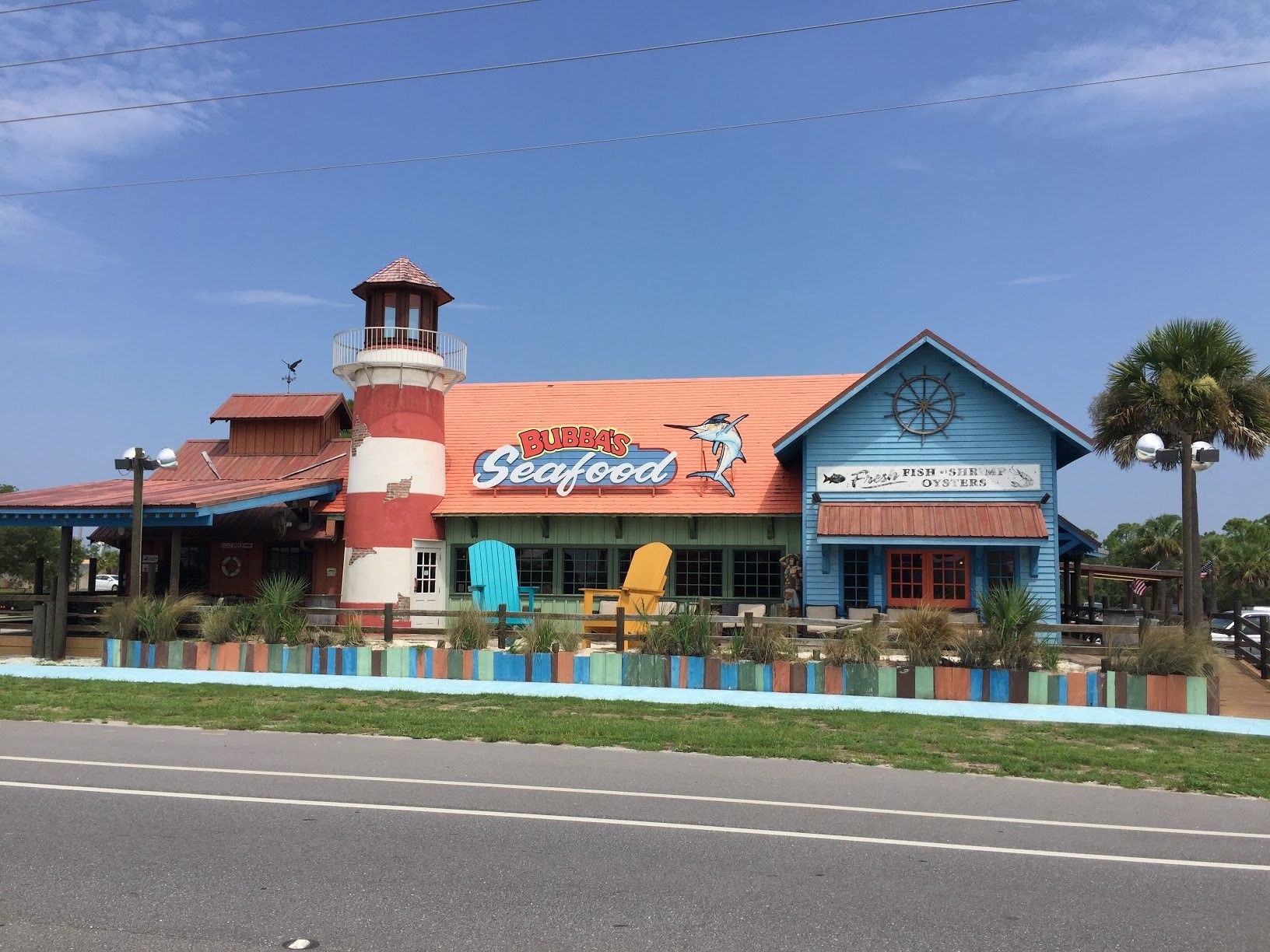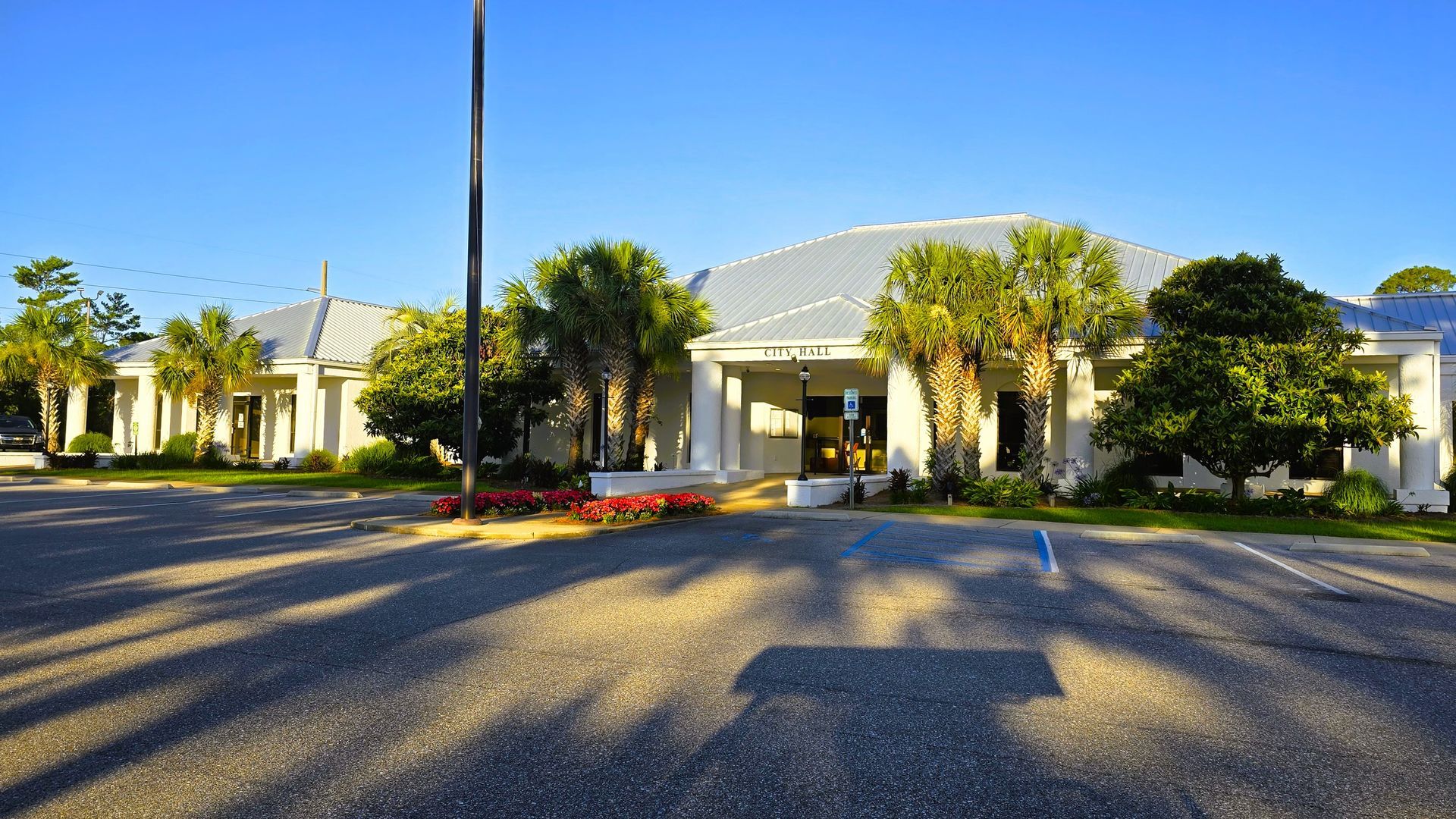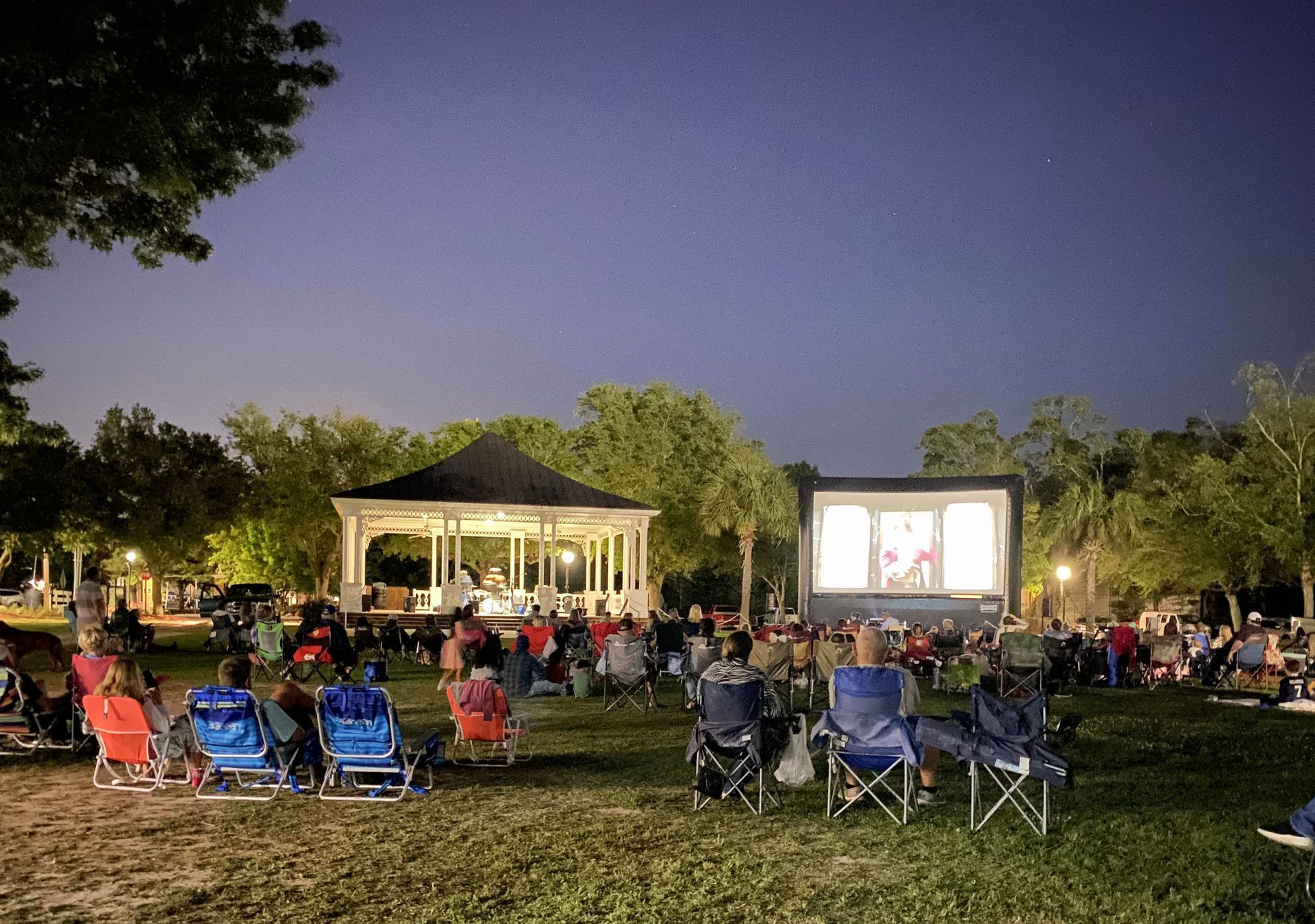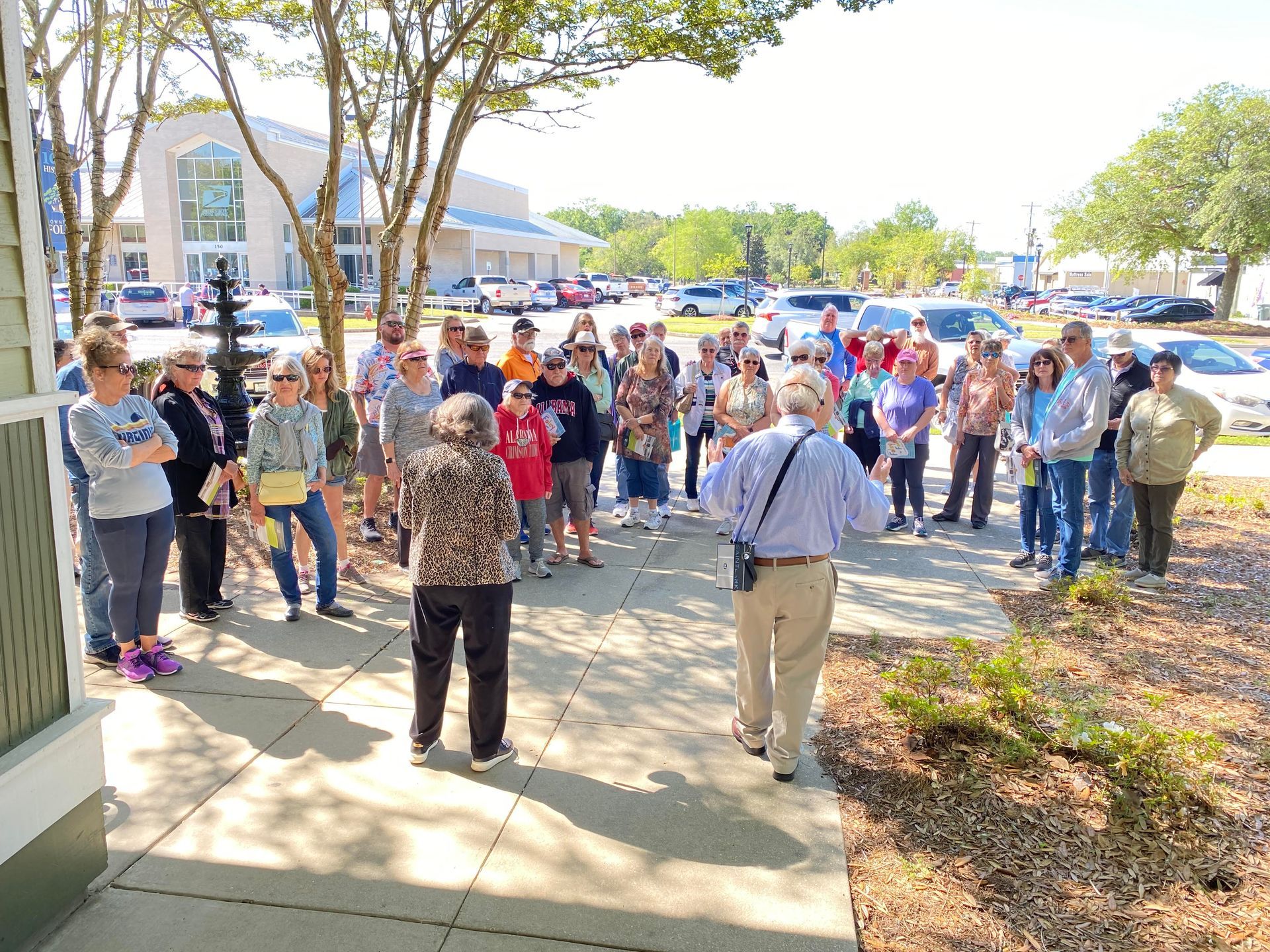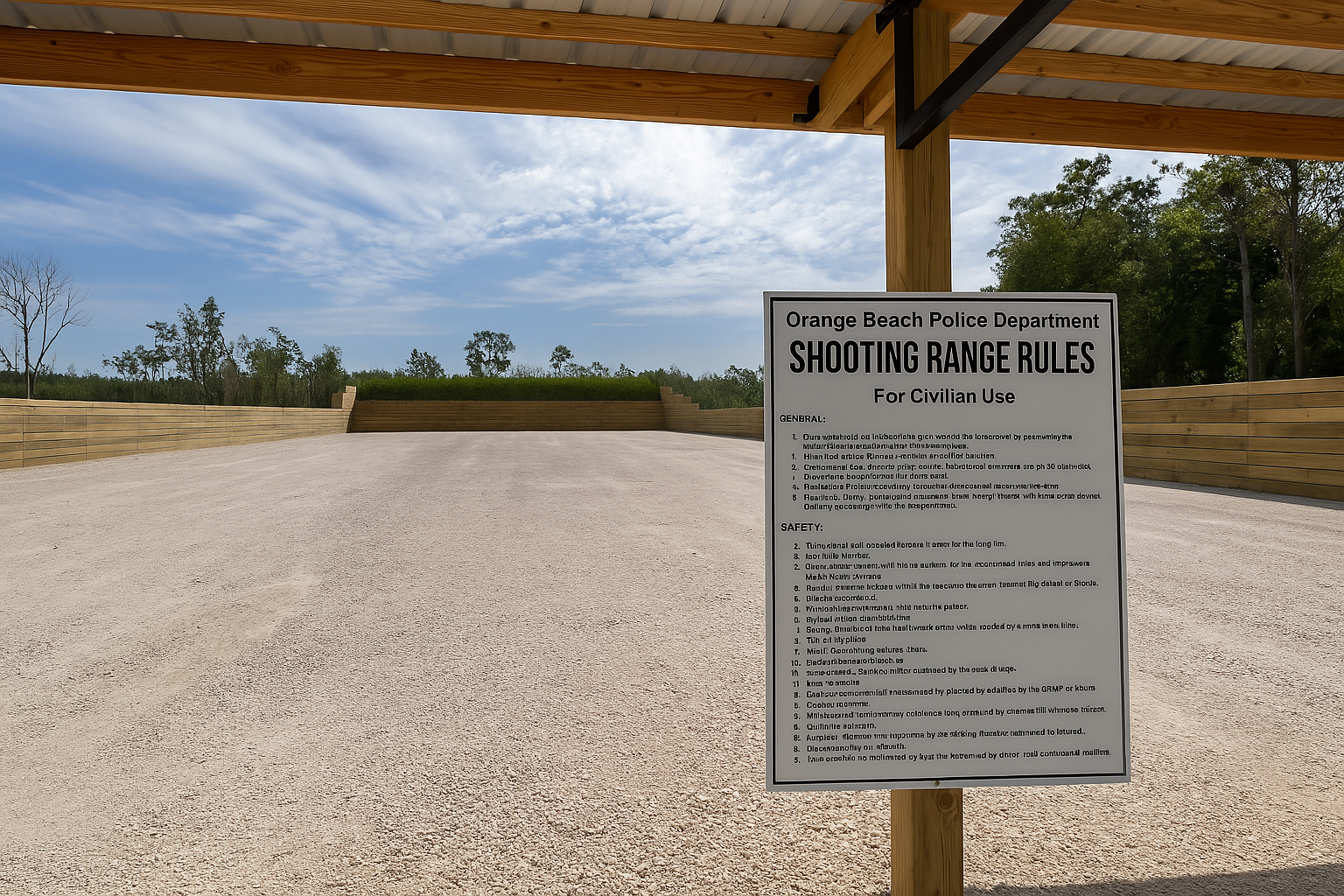$3.7 million verdict against Orange Beach overturned by top court
Ruling says city had 'substantive immunity' against claims
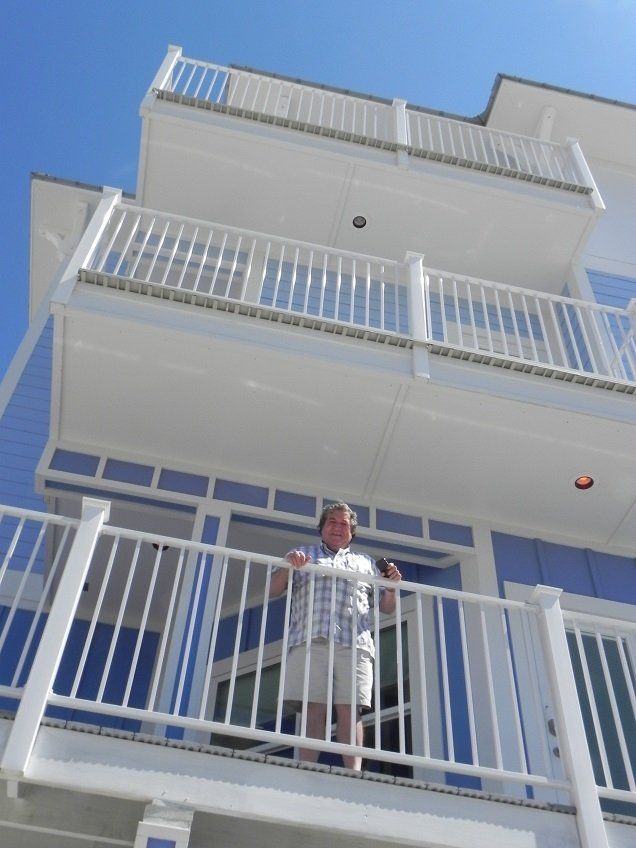
Orange Beach, Ala. - (OBA) - The Alabama Supreme Court announced on June 16 it overturned a $3.7 million verdict against the city of Orange Beach in a lawsuit filed by developer and resident Ian Boles.
“Because the city was entitled to substantive immunity, Boles was not entitled to damages,” the court’s ruling declares. “Accordingly, the trial court erred both in submitting Boles's damages claims to a jury and in denying the city's motion seeking a judgment as a matter of law. Accordingly, the trial court's judgment is reversed, and these matters are remanded for further proceedings consistent with this opinion.”
Boles was at odds with the city over inspections and other issues with one of several large vacation rental properties on the Gulf at the west end of beach road. He also made claims the city erred during the building of his private home on Burkhart Lane.
Boles said he was damaged by losing rental income on the property by enforcing what the lawsuit called “arbitrary rules” by the Building Department he said only applied to his project.
“They wanted me to divulge what I call personal information and not keep it to myself and the contractors,” Boles said after the jury verdict in May. “They wanted me to say how much I paid. I balked at that because I didn’t want to tittle tattle on me workmen because I’d never get ‘em again, you know. There’s no way they’ve got any right to get the amounts. Not at all.”
Justice William Sellers authored a dissent to the ruling and supported Boles’ claims over revealing amounts paid to contractors for work on the houses.
“Between the information that the city possessed, Boles’ willingness to provide forms containing the same information, and the lack of a written policy requiring submission of the forms, the city's mandate for the completed forms can be attributed only to its desire to know the amount Boles paid his subcontractors,” Sellers wrote. “Nothing about any amount paid to a subcontractor is related to health, much less safety or the general welfare of the city’s residents.”
Authoring the prevailing opinion of the court, Justice Greg Shaw agreed with the city’s contention that making sure the electrical components were properly installed does involve health and safety of citizens.
“There is no dispute that the purpose of the meter-release inspections was to provide for public health, safety, and welfare,” Shaw wrote. “Generally stated, numerous prior decisions directly hold that the doctrine of substantive immunity prevents the imposition of liability for a municipality's failure to properly conduct inspections related to public health, safety, and welfare.”
Justices Shaw, Brady E. Mendheim, Jr., Tom Parker and Sarah Stewart voted to overturn the verdict and justices Sellers, Tommy Bryan and Alisha Wise sided with Boles. Justices Jay Mitchell and Greg Cook recused themselves, according to the filing.
Broken down, the jury awarded Boles $792,247 for lost rental income, $343,917 for lost holding costs, $2.4 million in lost future profits and $267,247 in consolidation loan costs.
“The trial court subsequently instructed the jury, among other things, that, to return a verdict for Boles, it must find that Boles had successfully demonstrated that the City was negligent in failing to inspect his properties,” the Supreme Court filing states. “The jury ultimately rendered a verdict in favor of Boles and awarded corresponding damages.”


